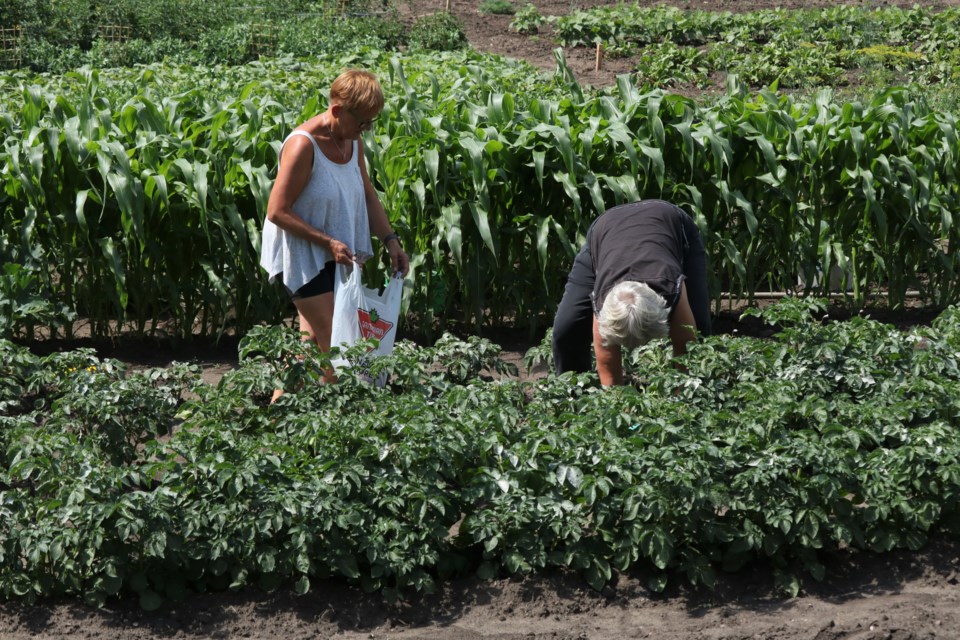YORKTON - In a recent interview, as often happens, things veered off topic somewhat, emerging at a point we were talking about whether the people sitting at the table could field dress a deer if they had too.
There were four of us, and two said it was not a skill they had.
A third was confident in her ability, and yours truly was pretty sure he could manage to get meat to a freezer, but probably the steaks wouldn’t be all that neat given the years since I last dressed a carcass.
I’d wage it is skill that is held by a far smaller percentage of the public – even in a largely rural area of Saskatchewan - than would have been the case when I was a youth.
As I considered the conversation afterwards it came to me that it was yet another indication of how completely most people have handed over the source of their food and its security to others, and in most cases the ‘others’ are producers, processors, and transportation companies thousands of miles from their kitchen tables.
It followed a recent social media post by a friend about early produce from her garden. I realized at the time that the friend was increasingly a ‘unicorn’ in the sense people with a garden in which they produce more than a few tomatoes and a bit of lettuce for a salad or two are increasingly rare.
Drive around a city like Yorkton, head down the back alleys and few backyards are fully vegetable garden these days. My grandparents and their neighbours in Tisdale, most retired from farms, had most of their yards committed to producing food.
In the fall my grandparents home and that of my parents, was a place where I shelled pails of peas, and cut beans to freeze, diced tomatoes to can and carried bags of potatoes to the cellar for winter meals.
Today, it’s a reliance on a store.
Farmers used to have a few hens for eggs too, but not so today.
While there are those who have chickens in urban settings, with many cities allowing residents the ability to produce eggs, Yorkton is not one of those. Twice the Protective Services Committee has squashed the idea, fearing I suppose a rogue hen charging down the street, or most recently suggested hens would attract coyotes and foxes looking for a chicken dinner on the hoof. Of course foxes have given birth to litters in the city and coyotes have visited sans chicken, with stray cats and small dogs tasty treats already.
It’s all part of a continuing trend toward total reliance on others for our food.
But, when you consider the spectre of a broader war arising out of Russia invading Ukraine, or what $2/litre fuel does to the cost of delivering eggs from hundreds of miles away, and you have to wonder if we shouldn’t be taking back some food security directly.

